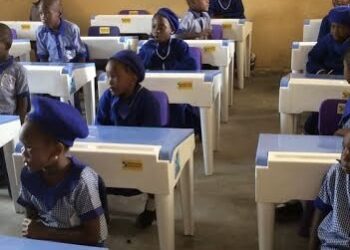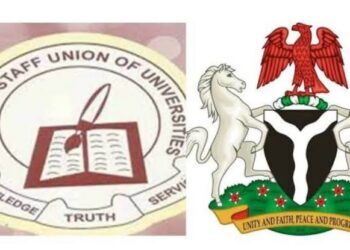The Oyo State Universal Basic Education Board (SUBEB) says the 120 candidates with disabilities in its teachers’ recruitment exercise will be interviewed between Sept. 10 and 11.
The News Agency of Nigeria (NAN) reports that the board’s Executive Chairman, Dr Nureni Adeniran, disclosed the dates during Saturday’s board meeting in Ibadan.
Adeniran said of the 50,700 applicants who registered on the board’s website, 45,827 sat for the examination.
He, however, said only 8,197 candidates scored above 50 marks, of which 8,077 candidates had concluded their oral interviews, which started on Aug. 14, on Monday.
According to the chairman, the oral interview sessions exempted the 120 people living with disabilities, whose oral interview dates have now been fixed for Sept. 10 and 11.
Adeniran commended Gov. Seyi Makinde for prioritising education, adding that the board agreed with the Oyo State Agency for Persons with Disabilities before fixing the dates.
The board, he said, also ratified that interview sessions for caregivers would follow on Sept. 12.
Adeniran, therefore, advised all candidates in the caregiver category to log into their portal for their interview schedule slips.
He assured that only the best candidates would be employed.
The SUBEB boss reaffirmed the commitment of the board to employ qualified teachers as a bedrock for a sustainable development agenda, as envisioned by the current administration. (NAN)











